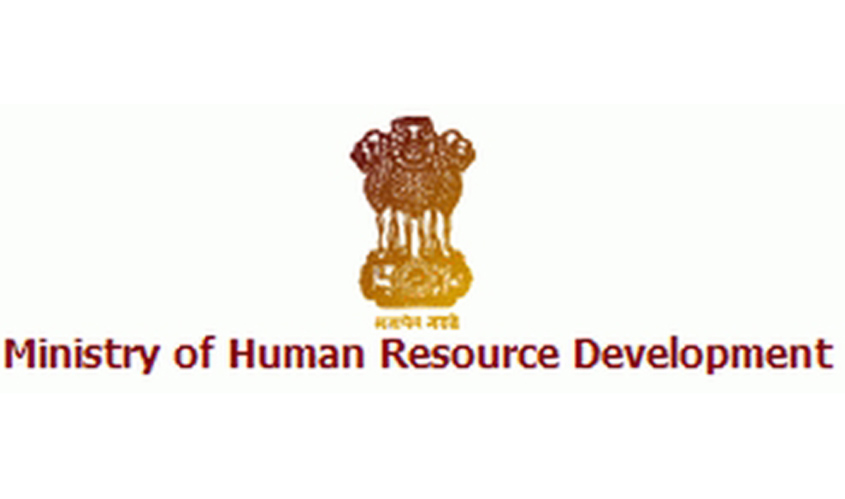In order to curb the menace of ghost employees in the colleges of centrally administered universities, the Ministry of Human Resource Development (HRD) has almost completed preparation of a “data bank” of personal profiles of teachers.
According to a MHRD official, preparation of “data bank” of the teachers of central universities has been almost completed as nearly 90% out of 15 lakh teachers from across the nation have already shared their details with the ministry.
Recently, the MHRD had extended the deadline for furnishing of these details till the end of this month. “The initiative of creating a data bank of teachers working in the central universities will be part of a national teachers’ portal “Gurujan”.
The portal will curb the problem of fake teachers in the country. Also, from the next academic session, the MHRD will also collect similar data of students in these universities,” a senior MHRD official said.
Several teachers of Delhi University (DU) have also confirmed that an exercise of sharing the details of their caste, gender, community and disability is going on.
Teachers have said that they were asked by the administration of their college to submit their Aadhaar and Permanent Account Number (PAN). “The attempt is to expand the already existing All India Survey on Higher Education (AISHE), a survey portal of teachers, which was established in 2010. The MHRD has rolled out a new platform as the ministry wants to gather more details about the teachers such as their designation, selection mode, gender, category (general/SC/ST/OBC), religion and disability. Earlier, such information was not part of the existing AISHE,” another ministry official told The Sunday Guardian.
Abha Dev Habib, Delhi University professor and a former Executive Council (EC) member, said: “Teachers are directed to submit their personal and professional profile, including the details of caste, religion, reason designation. It is little complex to understand why the government needs another ‘data bank’ when it had already instituted AISHE in 2010.”
“How would details such as caste and religion help the government to curb the menace of ghost employees? I am sure, even the officials of MHRD cannot explain the logic of taking caste and religion profile of the teachers,” Habib added.
However, another executive council member welcomed the step.
“The teachers’ community will hail any initiative of the MHRD if it is with regard to the improvement of universities and colleges. The unfortunate fact is that the MHRD is not addressing real problems already existing in the universities,” Rajesh Jha, a teacher and DU Executive Council member said.
Explaining the situation of teaching staff crunch in DU, Jha told The Sunday Guardian: “Almost 5,000 teaching staff posts are lying vacant, but the MHRD has not taken any step to fill these posts. Also, the MHRD has not come up with any scheme to deal with increasing contractualisation in the universities. Recently, demanding speedy appointments of teaching faculty, the Delhi University Teachers’ Association had protested outside the DU vice-chancellor’s office, Jha said.

